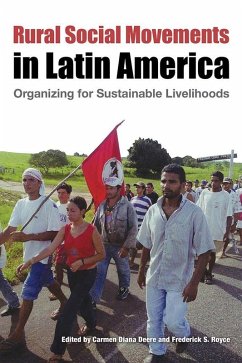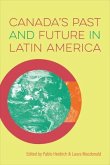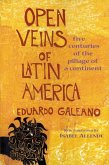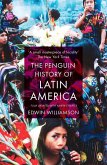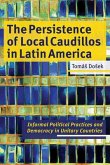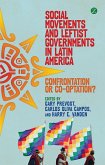"A remarkable collection. The chapters provide extremely useful information on a range of social movements generally not well covered in academic work--and the coverage is provided by people who are either activists within the movements themselves or long-time supporters."--Wendy Wolford, University of North Carolina "An original, unique, and excellent collection. The book has great theoretical value and political relevance."--Saturnino M. Borras Jr., Saint Mary's University (Halifax) All across Latin America, rural peoples are organizing in support of broadly distinct but interrelated issues. Food sovereignty, agrarian reform, indigenous and women's rights, sustainable development, fair trade, and immigration issues are the focus of a large number of social movements found in countries such as Bolivia, Colombia, Mexico, Nicaragua, Brazil, and Peru. The contributors to Rural Social Movements in Latin America include academic researchers as well as social movement leaders who are seeking to effect change in their countries and communities. As a group they are at the forefront of some of the most critical environmental, social, and political issues of the day. This volume highlights the central role these movements play in opposition to the neoliberal model of development and offers fresh insights on emerging alternatives at the local, national, and hemispheric level. It also illustrates and analyzes the similarities--notably the struggle for sustainable livelihoods--as well as the difference among these various peasant, indigenous, and rural women's movements.
Hinweis: Dieser Artikel kann nur an eine deutsche Lieferadresse ausgeliefert werden.
Hinweis: Dieser Artikel kann nur an eine deutsche Lieferadresse ausgeliefert werden.

